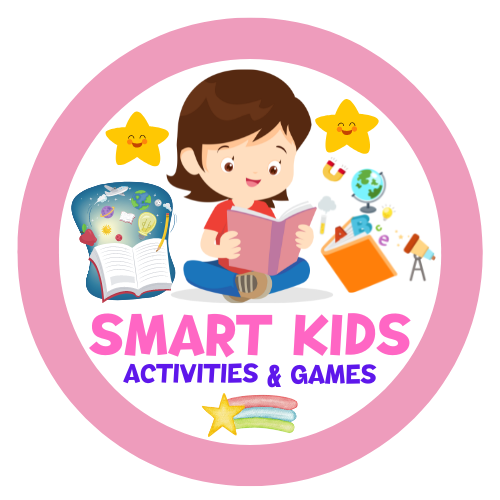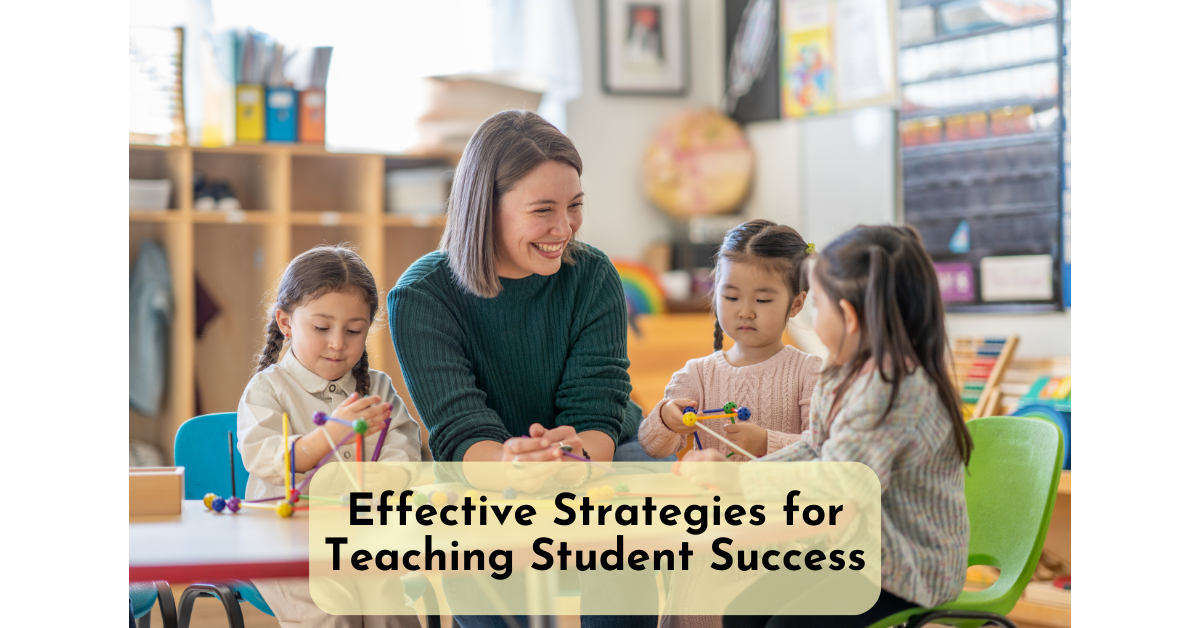Key Takeaways:
- Empower students to make their own decisions and prioritize academics.
- Encourage regular attendance and active participation in classes.
- Utilize organizational tools to stay on top of assignments and deadlines.
- Build strong relationships with professors and teaching assistants for academic support.
- Prioritize self-care and utilize campus resources for overall well-being.
Make Academics Your Priority
To achieve academic success, it is essential to prioritize academics. By setting clear goals, managing time effectively, and implementing effective studying techniques, students can optimize their learning experience and achieve their desired outcomes. Goal Setting: Setting goals provides a roadmap for academic success. Whether it’s aiming for a specific GPA or completing assignments ahead of time, having goals helps students stay motivated and focused on their academic journey. Time Management: Time management is crucial for balancing academic responsibilities and other activities. Creating a study schedule, prioritizing tasks, and avoiding procrastination can significantly enhance productivity and efficiency. Studying Techniques: Employing effective studying techniques can improve information retention and understanding. Active learning methods, such as note-taking, practice quizzes, and group discussions, can enhance engagement and comprehension. Implementing strategies like the Pomodoro Technique, where focused studying is separated into intervals with short breaks, can also boost productivity.“Don’t let distractions derail your academic journey. Prioritize your studies and commit to your goals.”By making academics a priority, students can maximize their learning potential and achieve academic success.
| Benefits of Prioritizing Academics |
|---|
| Improved academic performance |
| Enhanced time management skills |
| Increased motivation and focus |
| Greater understanding of course materials |
| Opportunities for academic recognition and scholarships |
Attend Classes Regularly
Attending classes regularly is a crucial factor in student success. While some professors may not take attendance, the benefits of active learning and class participation cannot be overstated. When students attend classes, they have the opportunity to engage with the material firsthand, ask questions, and participate in discussions. This active learning approach helps solidify concepts and deepen understanding. Additionally, in-class explanations provided by professors can clarify complex topics and provide context that may not be easily found in textbooks or online resources. Class discussions also offer different perspectives and insights that can enhance the learning experience. Regular attendance also allows students to stay updated on important announcements, changes in course content, and upcoming assignments or tests. By being present in class, students can ensure they have all the necessary information to succeed academically. In case of any necessary absences, it is important to communicate with professors. Letting them know about the reasons for the absence and asking for any missed materials or assignments can help students stay on track. Maintaining open communication with professors also fosters a positive and supportive learning environment.| Benefits of Attending Classes Regularly | Why Active Learning Matters |
|---|---|
|
|
Utilize Organizational Tools
Staying organized and managing your time effectively are crucial for academic success. One way to achieve this is by utilizing organizational tools that can help you stay on top of your assignments, track deadlines, and plan ahead.“By using calendars or apps to keep track of your schedule and deadlines, you can ensure that you’re aware of upcoming assignments and exams. This allows you to plan your time more effectively and avoid last-minute cramming.”Organizational tools can range from digital platforms like Google Calendar or Microsoft Outlook to physical planners and bullet journals. Choose a system that works best for you and fits your preferences. Here are some benefits of using organizational tools:
- Better Time Management: With a clear overview of your schedule and assignment due dates, you can allocate your time more efficiently, prioritizing tasks and avoiding procrastination.
- Assignment Tracking: Tools like task managers or to-do lists allow you to keep track of your assignments, ensuring that you don’t miss any deadlines.
- Planning Ahead: By using organizational tools, you can plan your study sessions, allocate time for research, and break down larger tasks into smaller, manageable steps.
| Benefits of Utilizing Organizational Tools |
|---|
| Better time management |
| Improved assignment tracking |
| Effective planning ahead |
Build Relationships with Professors and Teaching Assistants
In order to thrive academically, it is vital for students to build strong relationships with their professors and teaching assistants. These individuals play a crucial role in providing academic support and guidance throughout a student’s educational journey.Benefits of Student-Instructor Relationships
Developing positive relationships with professors and teaching assistants can have numerous benefits. It fosters effective communication, enhances student engagement, and creates a supportive learning environment. Through these connections, students gain valuable insights, personalized feedback, and a deeper understanding of course materials.Building relationships with professors and teaching assistants can lead to academic support, valuable guidance, and a better understanding of course materials.
Effective Communication
One of the keys to building strong relationships is effective communication. Students should feel comfortable asking questions in class and actively participating in discussions. Additionally, sending respectful and professional emails or messages is a great way to reach out and establish a connection with instructors outside of class.Visit Office Hours
Office hours are a valuable opportunity for students to engage with professors and teaching assistants on a one-on-one basis. By attending office hours, students can seek clarification on confusing topics, receive specific guidance on assignments, or discuss their academic progress. It also allows instructors to get to know their students better and provide personalized support.Academic Support
Professors and teaching assistants are valuable resources for academic support. They can offer recommendations for additional resources, suggest effective study techniques, and provide insights on exam preparation. Building relationships with such professionals ensures that students have access to the assistance they need to excel in their studies.| Benefits of Building Relationships | Effective Communication | Visit Office Hours | Academic Support |
|---|---|---|---|
| Enhanced student engagement | Ask questions in class | Seek clarification on confusing topics | Receive recommendations for additional resources |
| Personalized feedback | Send respectful and professional emails | Receive guidance on assignments | Suggest effective study techniques |
| A supportive learning environment | Discuss academic progress | Insights on exam preparation |
Prioritize Self-Care and Utilize Campus Resources
In order to thrive academically, it is crucial for students to prioritize self-care and take advantage of the resources available on campus. Taking care of your physical and mental well-being is key to achieving success in your studies. Campus resources, such as free tutoring services, counseling centers, and student clubs or organizations, are designed to support your overall well-being and enhance your college experience. Whether you need academic assistance, guidance for managing stress, or simply a supportive community, these resources are here to help. Make self-care a priority by finding activities that promote relaxation and reduce stress. Engage in regular exercise, practice mindfulness or meditation, and ensure you have proper nutrition and sleep. Remember, taking care of yourself is not selfish, but rather an essential part of maintaining a healthy and balanced lifestyle. By utilizing campus resources and prioritizing self-care, you can create a strong foundation for academic success. Take advantage of the wide range of support services available to you, and remember that seeking help is not a sign of weakness but a strength. Together, let’s strive for student well-being and academic excellence.FAQ
How can I effectively teach students and promote their success?
To effectively teach students and promote their success, it is important to employ student-centered teaching techniques and engagement strategies. By prioritizing academics, attending classes, utilizing organizational tools, building relationships with professors and teaching assistants, and prioritizing self-care, you can create an environment that enhances student learning outcomes.
How do I make academics a priority?
To make academics a priority, set goals, manage your time effectively, and consistently study. Use organizational tools such as calendars or apps to stay organized and anticipate upcoming dates and deadlines. This will help you avoid missing assignments or tests and allow you to plan ahead effectively.
Why is attending classes regularly important?
Attending classes regularly is important because it provides in-class explanations and opportunities for active learning. Even if attendance is not mandatory, the insights gained from attending class and participating actively are invaluable. Communicate with your professors in case of necessary absences and make sure to stay updated on class content and assignments.
What organizational tools should I use to stay organized?
To stay organized, you can use calendars or apps that help you track assignments and deadlines. Having a structured system in place allows you to effectively plan and stay on top of your academic responsibilities. By utilizing these organizational tools, you can avoid missing assignments or tests and ensure that you plan ahead effectively.
How can I build relationships with professors and teaching assistants?
Building relationships with professors and teaching assistants is crucial for your academic success. Actively participate in class by asking questions and sharing your thoughts. Be proactive in communicating with your professors and take advantage of office hours. Developing these connections can lead to academic support, valuable guidance, and a better understanding of course materials.
How can I prioritize self-care and utilize campus resources?
Prioritizing self-care and utilizing campus resources is essential for academic success. Take care of your physical and mental well-being by accessing resources such as free tutoring, counseling services, and student clubs or organizations. These resources can enhance your overall well-being and satisfaction, leading to better academic performance.
Download free activities and teaching resources Click Here
You may also be interested in
AI in Kids Education: Trends & Benefits
The Importance of Teacher-Student Relationships
Handling Difficult Student Behavior: 10 Tips & Strategies
The Importance of Parent-Teacher Collaboration
Boost Your Brain: 10 Ways to Improve Learning Skills
Exploring Technology’s Role in Education Today
Source Links
- https://engineering.vanderbilt.edu/academic-services/Strategies-for-Student-Success.php
- https://lpsonline.sas.upenn.edu/features/8-effective-strategies-academic-success
- https://mcgraw.princeton.edu/undergraduates/resources/resource-library/7-strategies-for-success





